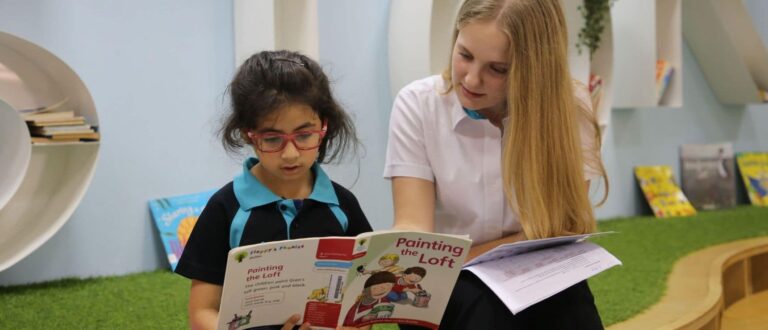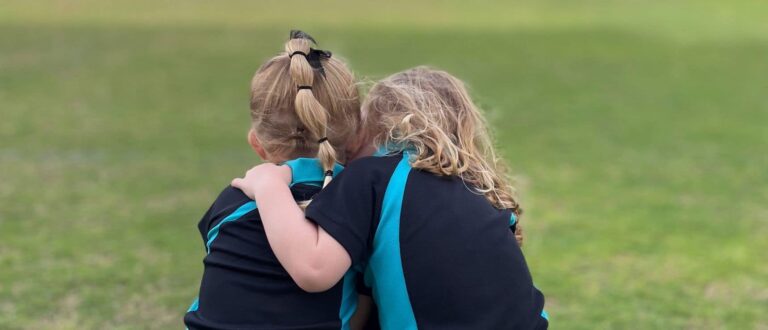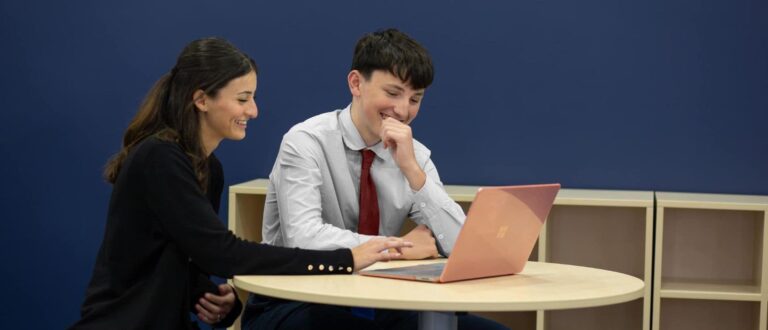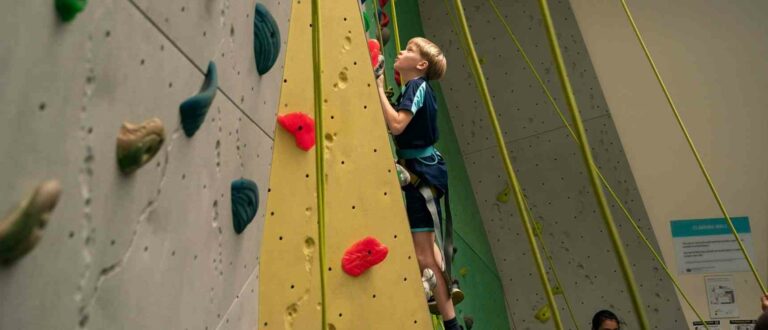I get it. If a student asked me about enjambment in poetic analysis, I wouldn’t know where to start. History and German grammar are not my forte. As much as we would all love to be helpful to our students with all their subjects, not all of us are subject experts in everything. So, when some parents shy away from the conversations with their children about maths, I can relate. Luckily, we don’t have to be experts to guide and support students in their learning journey.
I’m a Maths teacher. That’s my speciality. I’m going to share my perspective on simple tips parents can do at home to encourage mathematical, logical and numerical reasoning skills.
Encourage Puzzle Solving at Home
Maths is logical. Encouraging logical thinking is a major goal of Maths teachers because it is a transferable skill. Sudoku, KenKen, Kakuro and Chess are popular and addictive activities that promote deep logical thought and pattern recognition. Try to encourage and remind your young ones to think carefully before each move (trial and error is missing the whole point). In the age of technology, there are free apps available for all these games and it’s definitely a better way of spending excessive screentime than other available games.
Numeracy: The Gateway to Maths
When I was young, we were given pocket money in coins. I fear this generation is going to grow up with less access to cash, living off contactless and online orders. They’re not exposed to the daily routine of counting coins and calculating change. Whether it’s sending them to the shop with cash and insisting they check the change, or perhaps calculating a recipe weight for double the guests, we can still stimulate numeracy in their daily lives.
I like to recommend to parents that you expose your children to numbers as often as possible, and encourage them to use those numbers: estimate, round, add, subtract, double, half, divide – with no calculator of course!
- “It’s 2:43 pm, how long till dinner at 6 pm?”
- “Home is 40 km away, but most of the drive is on motorway at 60 km per hour. Can you estimate how long it will take?”
- “The recipe says to use 150 grams for three people. How much do we need for five people?”
This all stimulates fluency with numbers. In school, students will follow explanations better if they can instantly recognise connections between numbers. In exams, they can save their precious brain power for the challenging stuff if they aren’t wasting it on basic numeracy.
Reflection: An Invaluable Life Skill
Great leaders develop through a never-ending process of self-study, self-reflection, education, training, and experience.
Tony Buon
Every activity in a student’s school or personal life is an opportunity for reflection. They should consider what went well, what didn’t go to plan, and how they could improve next time a similar situation occurs. Try to encourage students to see assignments or class tests as opportunities to improve through reflective practice.
For tests especially, students need to identify exactly what happened when they lost marks. Once a marked test is returned by the teacher, sit down with them and review it. That test is the most personalised resource I can imagine for your child’s education. Questions you might ask include:
- What was the moment when this mark slipped away?
- How can you ensure that this mark is scored next time?
- How can you revise this topic better for the next test?
- Can you do the same question again now?
Again, asking these questions promotes reflection and does not require you to have any mathematical knowledge.
This habit of constant reflection is a life skill but does not come naturally to young people. As parents, you can have deep and interesting discussions with children about any event that occurs. Try to experiment with your questioning; how can you ask more open-ended questions that lead your child to explore different perspectives?
Speak Positively about Maths
How many times have you heard an adult joke about how bad they are at maths? Have you ever heard someone question the point of the abstract maths taught at school? What effect do these seemingly innocent phrases have on children and teenagers?
The truth is that maths is vital to the modern world: computing, science, finance, problem solving, logic, art, music and engineering all involve maths. The seemingly harmless jokes we adults tell can lead to despondency with maths. What we actually want is for students to appreciate the life changing power of maths. Think about how we can rebrand maths as an exciting and interesting subject in a world where maths-scepticism is often the norm.
Summing up…
None of my advice above is specific to the curriculum at school. These ideas aren’t going to teach kids to add fractions or solve geometry problems. However, these ideas can foster the long-term skills and mentality that supports not just the maths curriculum, but also the wider goal of professional and personal growth of young people. I sincerely hope these ideas work, and I’d love to hear your feedback once you’ve tried these ideas yourself.
Will Mcloughlin, Mathematics Teacher and Year 7 Form Tutor at The British International School Abu Dhabi







